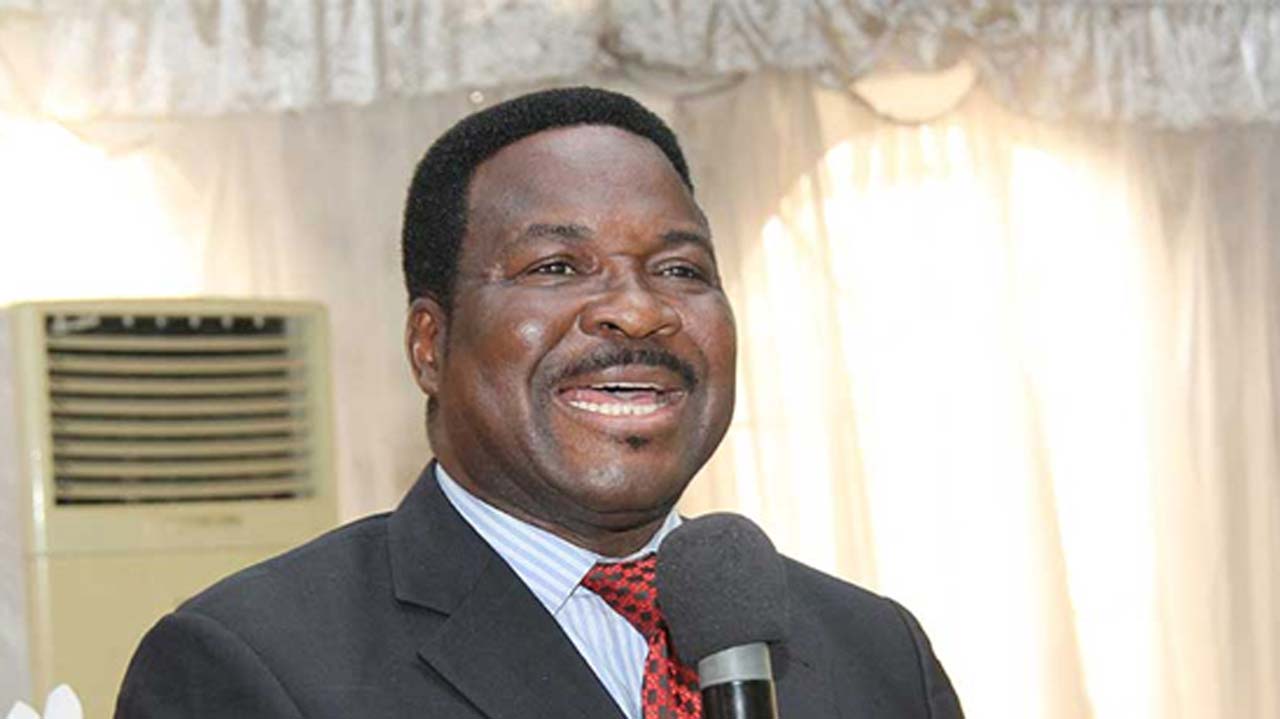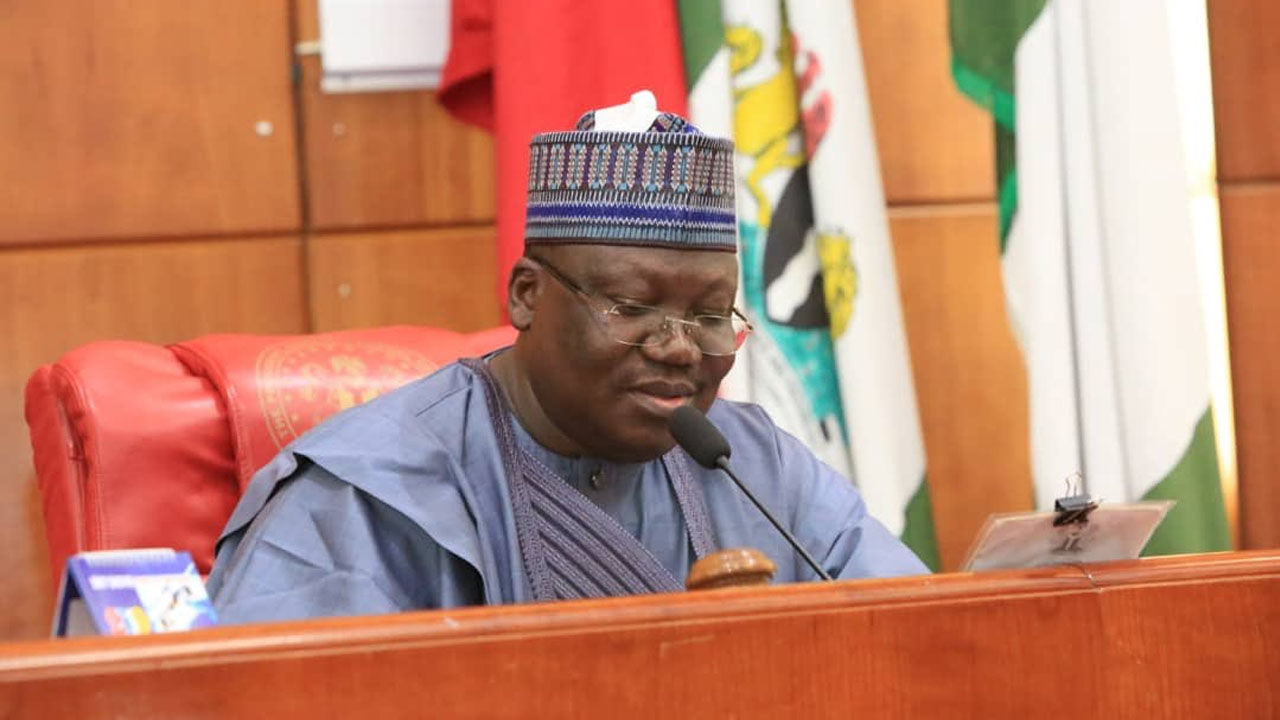
Sagay: Ruling act of judicial activism, contradicts provision establishing SIECs
Foremost constitutional lawyer, Prof. Mike Ozekhome, has again insisted that the judgment of the Supreme Court which ordered allocations of funds directly to the 774 local governments in Nigeria is enforceable in all parts of the country.
Ozekhome, a Senior Advocate of Nigeria (SAN) and human rights activist said there was no ambiguity in the judgment to warrant any delay in its implementation.
In a fresh statement issued yesterday in Abuja, the senior lawyer maintained that Section 162 of the 1999 Constitution upon which the judgment was predicated, was rightly interpreted by the seven-man panel of justices of the apex court.
The statement read in part: “Many Nigerians and non-Nigerians alike have repeatedly asked me if the Supreme Court was not wrong in its interpretation of section 162(3), (4), (5) and (6) of the 1999 Constitution and what happens to the allegedly wrong judgment.
“They want to know if the judgment is superior to the said clear provisions of the Constitution and if it is enforceable or capable of being enforced. They also want to know how, in the event that I say it is enforceable. My simple answers to both questions are yes, yes and yes. The judgment of the Supreme Court is superior to the provisions of the Constitution.
“It is thus the interpretation which was given by the Supreme Court to the entire section 162 of the Constitution on the sharing procedure between the Federal government, states and the LGs, and not the bare provisions of the Constitution that prevails.
“On the enforceable of the judgment, the answer is also in the affirmative. Section 287 (1) of the 1999 Constitution comes to our rescue by providing that “the decisions of the Supreme Court shall be enforced by in any part of the Federation by all authorities and persons and by courts of subordinate jurisdiction to that of the Supreme Court.
“Even if the Supreme Court was wrong in its interpretation of section 162 dealing with the State Joint Local Government Account, the judgment remains binding on all and for all times. It is only an amendment of the Constitution under section 9 thereof that can override the decision. No person or authority can decide, whimsically and arbitrarily to disobey the judgment or pick and choose what portions of the judgment to obey or which to discard.”
However, another Senior Advocate of Nigeria (SAN) and a former chairman of the Presidential Advisory Committee Against Corruption (PACAC), Prof. Itse Sagay, said the decision of the apex court came in the face of section 197 (1) (b) of the same Constitution, which established State Independent Electoral Commissions (SIECs).
“Yes, I agree that the judgment seems to have ignored the provision that there has to be a State/Local Government Joint Account by ordering direct payment to local governments. So, by ordering direct payment to the local governments, the judgment is completely ignoring that provision of the Constitution.
“I don’t know the basis on which it was being done. I haven’t read the judgment but I heard that the Supreme Court has raised an issue, which we call ‘progressive interpretation.’ Maybe, that needs to be read. I need to read the basis. What is progressive interpretation? Is it a form of judicial activism, that allows the Supreme Court to interpret laws and constitutions in a manner that is not completely consistent with the written word, but more consistent with the spirit? Maybe, that is what they are trying to say. I don’t know.
“To pronounce something that is not consistent with the Constitution, you have to justify such pronouncement on the basis that what the Constitution means to convey is what you are interpreting, which may be higher than the exact written word; something that is added to it because that is the objective of the Constitution. Maybe, that is what they want to say. They need to say it very clearly. I keep on saying that I have not read the judgment, so that is why I cannot be a good judge in this matter.”






